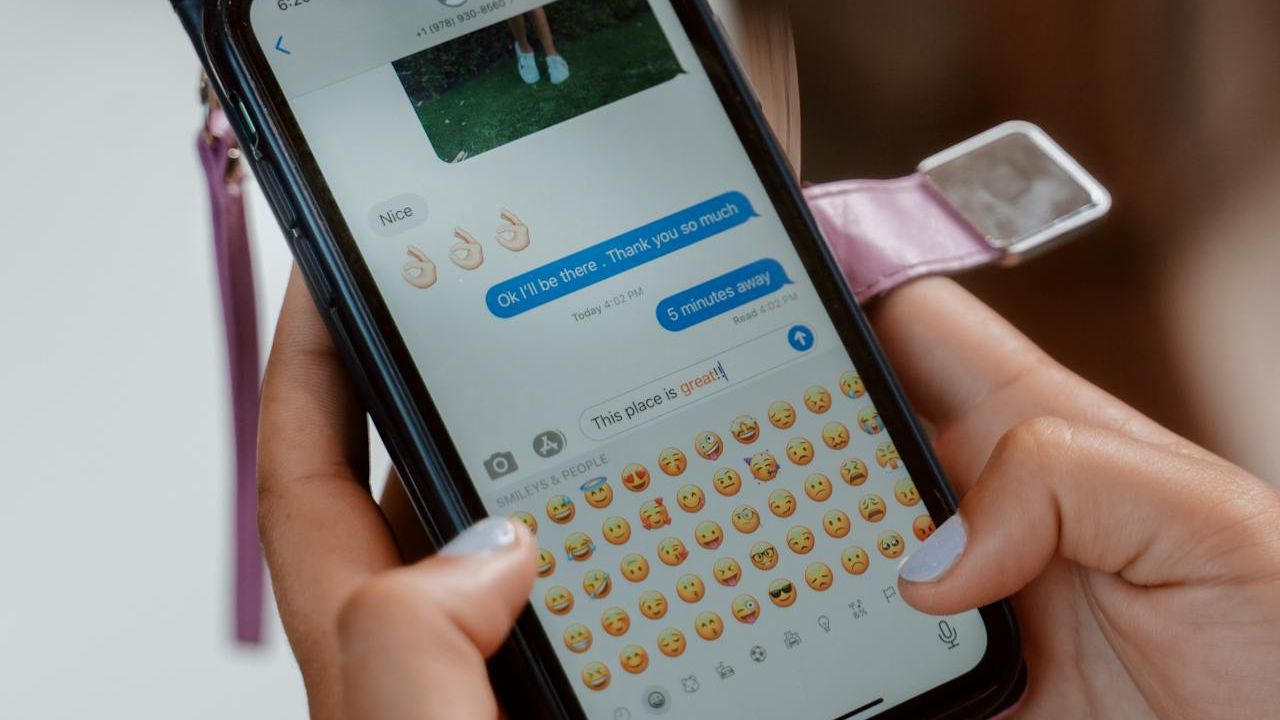Group texts keep plans moving, but they can also drain batteries, wake friends at midnight, and bury key details. These six rules make chats calmer and clearer for everyone. Think quiet hours, clean replies, and consent before screenshots. Your phone already has tools to help, like mute, mentions, and scheduled send. Use them so the group gets signal, not noise. When a message is urgent, call. When it is not, keep replies short and helpful so plans lock fast. These basics save time and turn the chat into a tool, not a distraction.
1. Name the chat and set the scope

Give the chat a name and a purpose. Titles like Weekend Carpool or Chem Lab Notes help people filter alerts. Pin a short description or a first message that sets scope, like rides for Friday only or homework questions 6 to 8 pm. Put docs and links in that pinned post so late joiners catch up without repeats. A clear label also stops cross talk when you juggle many groups. Rename if the plan changes so the thread stays useful across weeks and new events. Most apps let you pin the chat so plans stay visible, and you can archive old threads once the event is done.
2. Respect quiet hours and time zones

Respect quiet hours and time zones. Turn on Do Not Disturb or Focus at night and tell friends your window. If the chat spans cities, include the day and time with zone, like Sat 7 pm ET. Many phones let you schedule send, a polite way to avoid 2 am pings. If you need a reply fast, say urgent and call if no response. If it can wait, write it and send later. Predictable hours keep friends rested, reduce misses, and prevent ghosting misunderstandings. You can also mute a thread for hours or a year instead of leaving, which keeps peace without missing important updates later.
3. Cut clutter with reactions, threads, and summaries

Use reactions and short replies to cut clutter. A thumbs up means got it, no need for ten me too messages. If the app supports threads, answer inside the thread so other topics do not get buried. Quote the key line if threads are not available. Avoid one word stack replies that push maps and times out of view. Summarize decisions in one message, like Meet at Main Gate 6 10 pm, tickets on me, so details are easy to find later without hunting. When many people talk at once, appoint one summarizer for the day so key info lands in a single message everyone can find.
4. Get consent before adding or sharing

Ask before adding people. New members see names and past messages, so get consent first. A quick text like Can I add Maya for rides is enough. If the chat has sensitive info, start a fresh thread for the new plan and recap the minimum. Avoid sharing numbers or screenshots outside the group without permission, since previews can show contact info. When someone leaves, respect it. They can mute or exit as they wish. A trusted chat grows slowly and stays healthy. Remember that search results surface names and previews later, so consent today protects privacy tomorrow when chats get reused.
5. Post plans in a clear, standard format

Share plans in a standard format. Include what, where, when, and who pays in one line, then follow with links and files. Use the street address, not just the name, and add the day of week to dodge date mix ups. If the link will expire, say when. Use an @name to request a task from one person, like @Ava bring chargers. After a change, post one recap so old info does not linger. Clear summaries prevent the classic where are we texts later. If plans include tickets, share a screenshot of the barcode only after the event begins to reduce the risk of accidental reuse.
6. Protect data, privacy, and storage

Be kind to data and privacy. Compress long videos, use read aloud voice notes only when needed, and avoid large files on cellular. Blur faces of kids and remove school badges before you post. Never share grades, IDs, medical info, or addresses in group chats. Do not post screenshots of the thread elsewhere without a yes. If a message belongs in one to one, move it. When tension rises, switch to a call. Courtesy keeps groups active without burning trust or storage. Use disappearing messages only for casual notes, not key plans, since auto delete can erase directions and receipts people still need.


